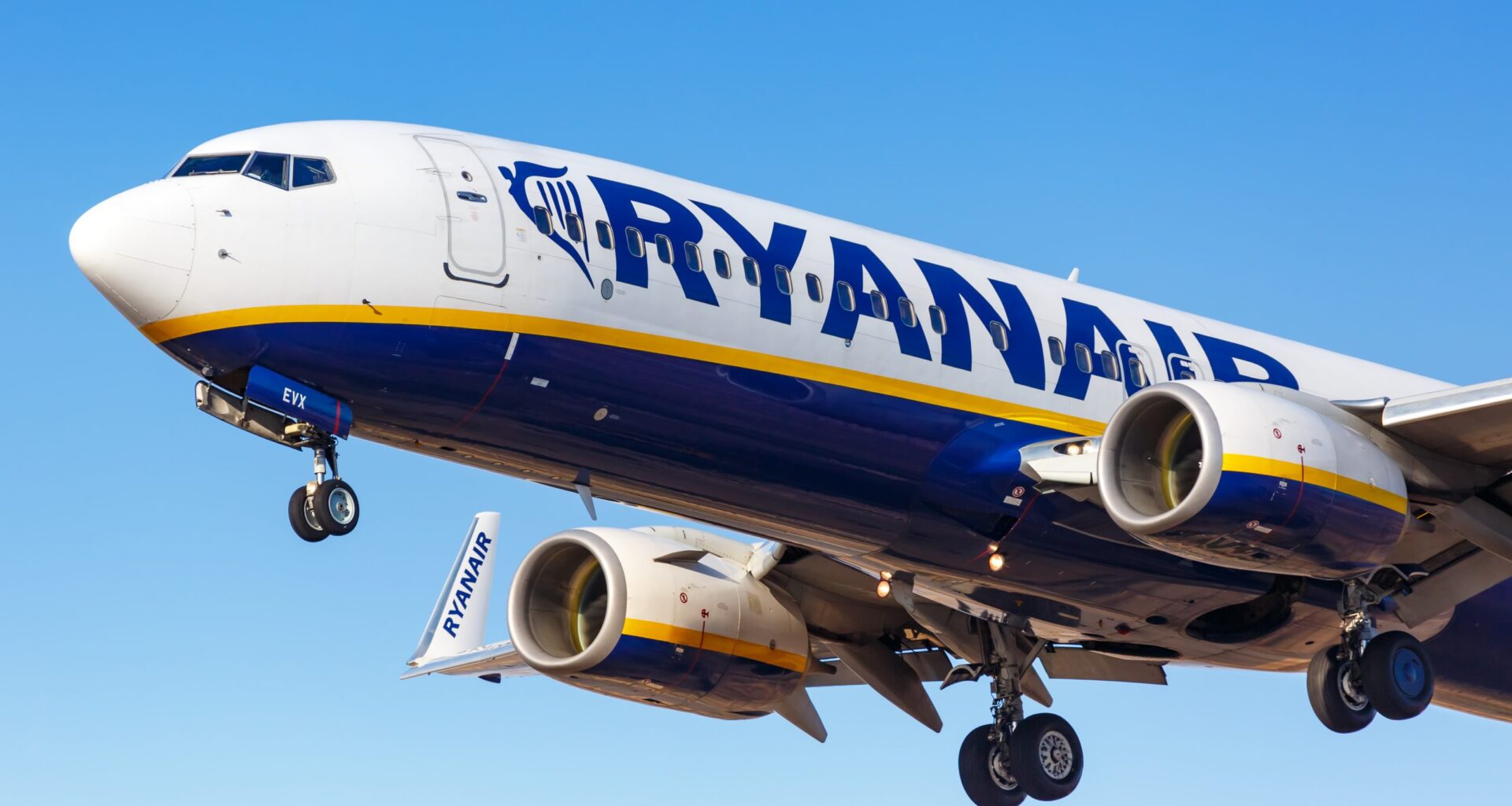Ryanair has threatened to permanently abandon Israel, putting at jeopardy its plans to resume flights between Europe and Tel Aviv next month, following a major spat with the Israeli government and airport officials.
With more and more international airlines now resuming flights to Israel as the security situation seemingly stabilizes, Ryanair could become an outlier, avoiding Israel to pursue further growth in Europe.
 Terminal 2 at Tel Aviv’s Ben Gurion Airport charges higher fees for airlines, compared to the more basic Terminal 1.
Terminal 2 at Tel Aviv’s Ben Gurion Airport charges higher fees for airlines, compared to the more basic Terminal 1.
Speaking to journalists, Ryanair’s often outspoken chief executive, Michael O’Leary, explained: There’s a real possibility that we won’t bother going back to Israel when the current violence recedes.”
Further elaborating on the potential decision to abandon Israel, O’Leary said he was “running out of patience” with the chaotic security situation, despite threats from rockets and missiles, subsiding substantially in the last couple of months.
“If they’re going to keep being disrupted by these security disruptions, frankly, we’d be better off sending those aircraft somewhere else in Europe,” O’Leary explained.
He added, “Unless the Israelis kind of get their act together and stop messing us around, frankly, we have far more growth elsewhere in Europe.”
It’s not, however, just about the security situation but about the airport charges Ryanair has to pay when it flies to Israel.
Tel Aviv Ben Gurion Airport has two main terminals. The terminal used by many internationals is Terminal 2, whereas low-cost carriers have traditionally used Terminal 1, which is a lot more basic.
Because Terminal 1 doesn’t have the same grand facilities as Terminal 2, the charges to use it are much cheaper, but whenever the security situation has deteriorated in the last couple of years, Terminal 1 has been quickly shuttered and airlines moved over to Terminal 2, where the higher fees are automatically charged.
Ryanair swiftly suspended flights to Israel in the aftermath of the Hamas terror attack on October 7, 2023, and only returned in February 2024, using Terminal 2.
Less than a month later, Ryanair suspended flights to Israel, not due to security concerns, but because of the higher airport fees it was being charged to fly into and out of Terminal 2.
Ryanair didn’t return to Israel until March 2025 with a very limited schedule, but within a couple of months, flights were once again axed when a ballistic missile fired by Houthi rebels in Yemen penetrated Israel’s air defenses and hit the outskirts of Ben Gurion airport.
The airline’s plans to resume flights to Israel at the end of October are now in doubt, potentially meaning that sky-high fares for travelers to Israel will remain a fixture for some time to come.
Fellow European low-cost carrier Wizz Air has, however, already resumed flights to Israel as of August 2025, having brought forward its return by one month. The airline also wants to become the first foreign airline to open a dedicated base in Tel Aviv, although the airline faces fierce opposition from local carriers.
The national flag carrier El Al has reported record profits since October 2023, given the fact that for long periods it hasn’t faced any competition from foreign airlines, which suspended flights to Israel over safety concerns.
El Al has demanded that the Israeli government reject Wizz Air’s application to set up a base in Tel Aviv, painting the situation as a national security risk to allow a foreign carrier to establish a base in the country when it could then abandon Israel if the security situation heats up again.
Local airlines are also unhappy that Wizz Air would not have to invest in the same enhanced security equipment and procedures as they are required to do, although supporters of Wizz Air’s plans point out that local airlines are heavily subsidized by the government for their enhanced security measures.
Related
Subscribe to our newsletter
No spam, just a weekly roundup of the best aviation news that you don’t want to miss
Mateusz Maszczynski honed his skills as an international flight attendant at the most prominent airline in the Middle East and has been flying ever since… most recently for a well known European airline. Matt is passionate about the aviation industry and has become an expert in passenger experience and human-centric stories. Always keeping an ear close to the ground, Matt’s industry insights, analysis and news coverage is frequently relied upon by some of the biggest names in journalism.
